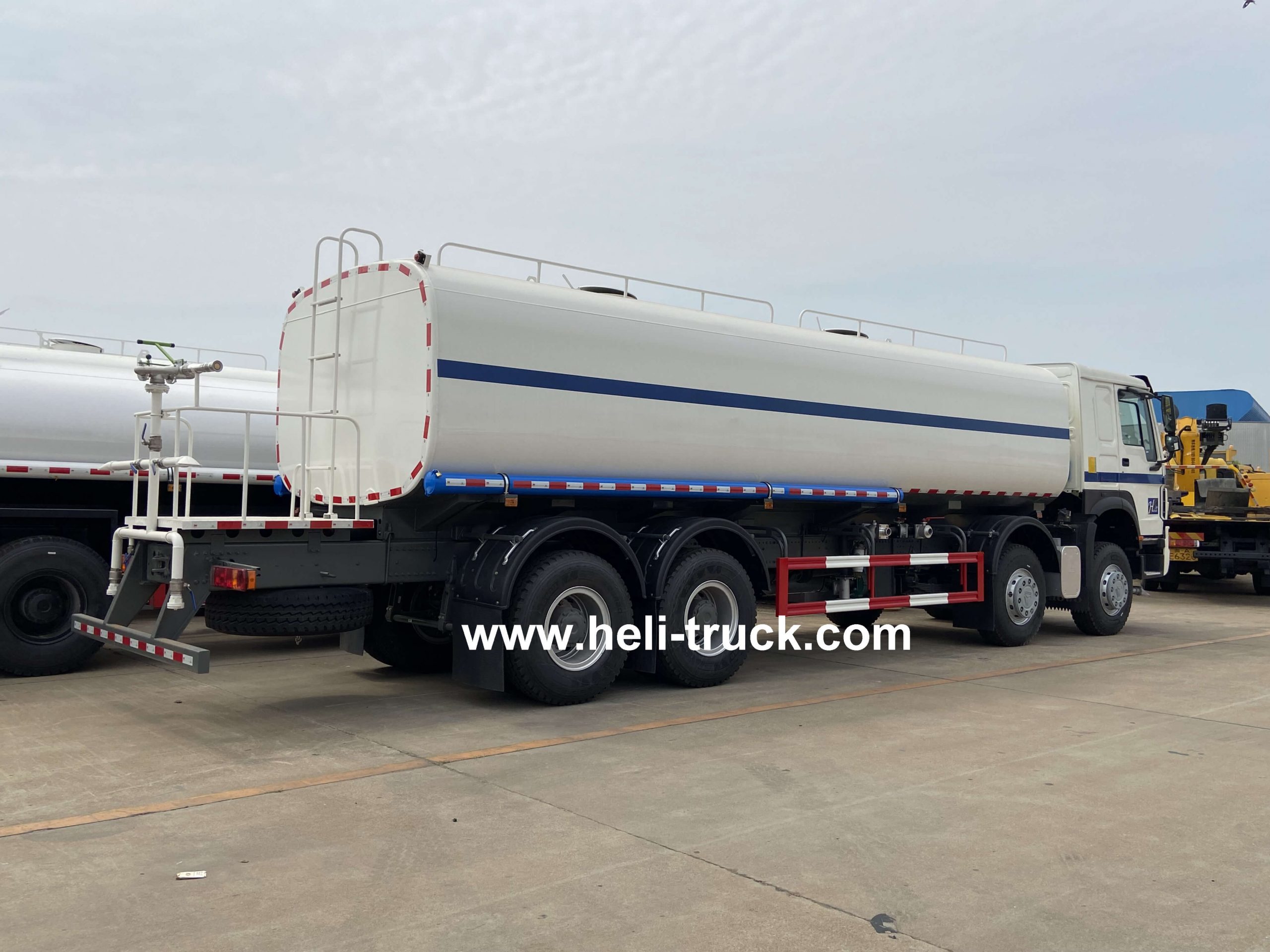Introduction
Garbage compactor trucks play a crucial role in waste management systems worldwide. These specialized vehicles are designed to collect, compact, and transport solid waste efficiently. One of the key factors that determine the performance and capacity of a garbage compactor truck is its weight. In this article, we will delve into the various aspects of garbage compactor truck weight, including its importance, factors affecting it, and how it impacts the overall operation of waste management systems.
Importance of Garbage Compactor Truck Weight
The weight of a garbage compactor truck is a critical parameter that influences its performance, efficiency, and safety. Understanding the weight of these vehicles is essential for waste management authorities, operators, and manufacturers to ensure that they operate optimally and comply with regulations. The weight of a garbage compactor truck affects its:

1. Load Capacity: The weight of the truck determines its load capacity, i.e., the amount of waste it can collect and transport in a single trip. A heavier truck typically has a higher load capacity, enabling it to collect more waste before needing to unload.
2. Stability: The weight distribution of a garbage compactor truck plays a significant role in its stability during operation. An improperly balanced or overloaded truck can be prone to tipping over, especially when navigating uneven terrain or making sharp turns.
3. Garbage truck waste compacting : The weight of the truck also affects its maneuverability, particularly when driving in urban areas with narrow streets or tight corners. A heavier truck may have a higher turning radius and require more space to navigate effectively.
4. Fuel Efficiency: The weight of a garbage compactor truck impacts its fuel efficiency, with heavier trucks typically consuming more fuel per mile traveled. By optimizing the weight of the vehicle, operators can reduce fuel costs and minimize environmental impact.
Factors Affecting Garbage Compactor Truck Weight
Several factors contribute to the overall weight of a garbage compactor truck, including:
1. Chassis: The chassis of the truck forms the foundation on which the compactor body is mounted. The material and design of the chassis influence the weight-bearing capacity of the vehicle.
2. Compactor Body: The compactor body is the main component of the garbage truck responsible for compacting and storing waste. The size, material, and construction of the compactor body significantly impact the overall weight of the truck.
3. Engine and Transmission: The engine and transmission of the garbage compactor truck contribute to its weight. Heavy-duty engines and transmissions are required to power the vehicle and operate the compaction mechanism efficiently.
4. Hydraulic System: The hydraulic system of the garbage compactor truck, including cylinders, pumps, and valves, adds weight to the vehicle. A robust hydraulic system is essential for the proper functioning of the compactor body.
5. Accessories and Features: Additional accessories and features, such as safety equipment, lighting, and communication devices, can increase the weight of the garbage compactor truck. These components are essential for ensuring the safety and efficiency of the vehicle.
Impacts of Garbage Compactor Truck Weight on Waste Management Systems
The weight of garbage compactor trucks has several implications for waste management systems at the local, regional, and national levels. Some of the key impacts include:
1. Infrastructure Wear and Tear: Heavier garbage compactor trucks exert more pressure on roads, bridges, and other infrastructure, leading to accelerated wear and tear. Municipalities and waste management authorities need to consider the weight of these vehicles when planning routes and infrastructure maintenance.
2. Environmental Impact: The weight of garbage compactor trucks affects their fuel consumption and emissions, contributing to environmental pollution and carbon footprint. By optimizing the weight of the vehicles and adopting fuel-efficient technologies, operators can reduce their environmental impact.
3. Safety Concerns: Overloaded or improperly balanced garbage compactor trucks pose safety risks to operators, pedestrians, and other road users. Ensuring that these vehicles adhere to weight limits and safety regulations is essential for preventing accidents and injuries.
4. Cost of Operations: The weight of garbage compactor trucks influences their operating costs, including fuel expenses, maintenance, and repairs. By managing the weight of the vehicles effectively, waste management authorities can optimize their operational efficiency and reduce costs.
Conclusion
The weight of garbage compactor trucks is a critical factor that impacts their performance, efficiency, and safety in waste management systems. By understanding the importance of truck weight, considering the factors that affect it, and addressing its impacts, stakeholders can optimize the operation of these vehicles and enhance overall waste management practices. Moving forward, a focus on reducing the weight of garbage compactor trucks through innovation and technology will be essential for building sustainable and resilient waste management systems.
In conclusion, the weight of garbage compactor trucks is not just a numerical value but a crucial aspect that influences the entire waste management process. By paying attention to this often-overlooked factor, waste management authorities can enhance the efficiency, safety, and sustainability of their operations, ultimately leading to a cleaner and healthier environment for all.
